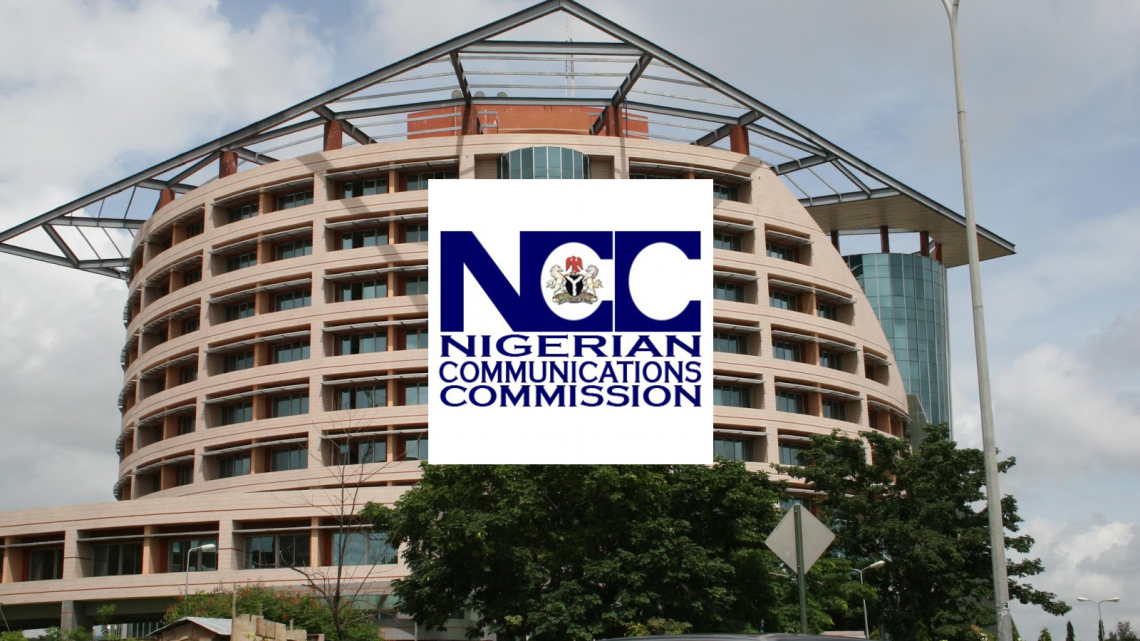NCC Seeks Inputs On Internet Code Of Practice
NCC said the establishment of internet industry code of practice is part of its Internet Governance function, but says it favours a multi-stakeholder model of engagement in the process of policy development for the Internet Governance.
Nigerian Communications Commission (NCC) has asked stakeholders in the Nigerian telecom industry, as well as the general public to contribute in the development of a code of practice in support of an open internet.
NCC said the establishment of internet industry code of practice is part of its Internet Governance function, but says it favours a multi-stakeholder model of engagement in the process of policy development for the Internet Governance.
“Extensive consultation of stakeholders is crucial to the success of developing a code of practice in support of an open internet,” the commission said in a statement. Already, the commission has identified key stakeholders. They include all Internet Service Providers in Nigeria, relevant associations (ISPAN, CPN, ATCON, ALTON, GSMA, Nigerian Computer Society, Nigerian Internet Governance Forum and several Government Ministries, Agencies, and Departments (NCC, NITDA, NiRA, NBC, CBN, Ministry of Communication, etc.)
Others are security agencies (NPF, EFCC, ICPC, NSA; interested multinationals (Facebook, Microsoft, Oracle; academia and the general public. Stakeholders are expected to submit their input (comments, concerns, feedback, and suggestions for scope and content) via an Online Public Consultation Portal provided by the commission: http://www.ncc.gov.ng/internet-code-of-practice-consultation
The input submitted will be taken into consideration in the drafting of the Internet Industry Code of Conduct. According to NCC, the proposed Code of Practice seeks, among other things, to protect the rights and interests of Internet Service Providers and consumers; provide jointly agreed and effective solutions to the issues of discriminatory traffic management practices and ensure adequate safeguards are put in place by service providers against abuses such as unsolicited messages.





